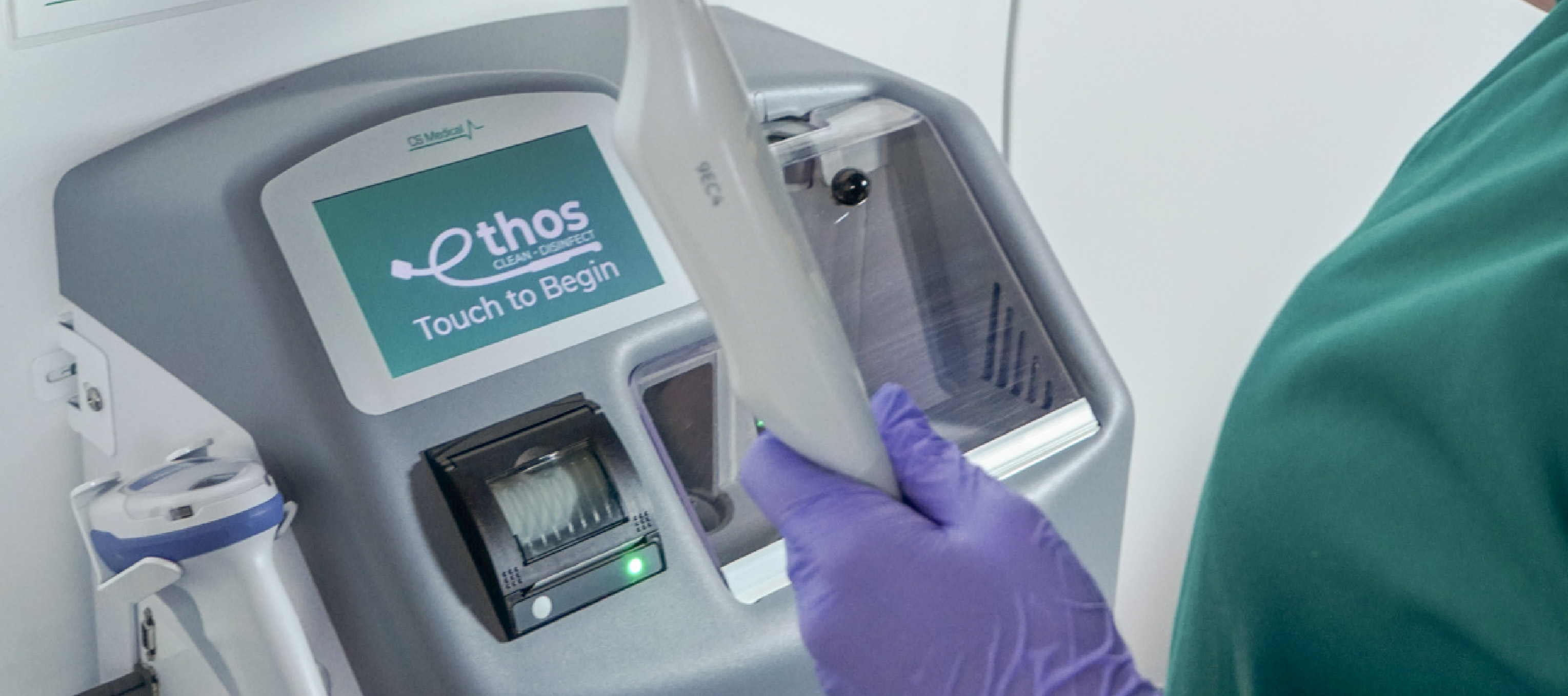The conversation around healthcare staffing shortages that often dominates headlines is about burned-out nurses and overworked physicians, and for good reason. However, behind every successful patient outcome stands a network of critical support staff who ensure the hospital runs safely and smoothly. These individuals, often tasked with reprocessing and maintaining reusable medical devices, play a pivotal role in infection prevention. And yet, their work is underreported, undervalued, and under-supported.
A closer look reveals a concerning reality: high turnover among these vital team members may be silently undermining patient safety nationwide.
The Hidden Crisis
A staggering 2024 report from the NSI National Health Care Retention & RN Staffing Report revealed that the average hospital turned over 106.6% of its workforce over five years. While most data focuses on clinical roles, turnover among nonclinical staff, including those who handle medical device reprocessing, often flies under the radar. This is a dangerous blind spot. These professionals are responsible for reprocessing complex instruments like TEE and endocavity ultrasound probes. If reprocessing protocols are skipped or performed incorrectly, the result could be exposure to pathogens and preventable healthcare-associated infections (HAIs).
Inexperienced or undertrained personnel are more likely to make errors that compromise device integrity or skip crucial steps in disinfection. One study found that 12.9% of transducer surfaces still carried pathogenic bacteria, and 1% carried viruses, even after standard disinfection, highlighting how critical it is to get reprocessing right every time.
The Domino Effect
When experienced staff leave, the knowledge they’ve accumulated goes with them. New hires often step into roles with minimal orientation or hands-on training, especially in departments where resources are stretched thin. This inconsistency disrupts workflows and opens the door to lapses in infection prevention protocols.
The Association for Professionals in Infection Control and Epidemiology (APIC) recently reported that nearly 4 in 5 hospitals do not meet recommended staffing levels for infection preventionists (IPs). Their study, published in the American Journal of Infection Control, linked under-resourced infection prevention programs with higher rates of central line-associated bloodstream infections (CLABSI), catheter-associated urinary tract infections (CAUTI), and other serious complications. Hospitals with lower-than-expected staffing were three times more likely to report elevated CAUTI rates than hospitals that met staffing expectations.
In short, staffing gaps—especially among nonclinical support teams—directly threaten patient safety.
The Solution Hiding in Plain Sight
Healthcare facilities hesitate to invest in training when staff turnover feels inevitable. But this mindset is short-sighted and may actually contribute to the problem. Research shows that 40% of employees who don’t receive adequate training will leave their position within the first year. When people feel unsupported or unequipped to do their jobs well, morale and retention suffer.
For healthcare facilities, the return on training isn’t just financial—it’s clinical. Training improves compliance, reduces costly rework, and mitigates the risk of lawsuits stemming from improper device use or disinfection. More importantly, it saves lives.
Partnering for Preparedness
Recognizing these challenges, CS Medical offers in-depth, continuing education to support staff tasked with reprocessing TEE, endocavity, and surface ultrasound probes. These training resources aren’t just helpful—they align with The Joint Commission’s and AORN’s recommendations for ongoing competency verification related to high-level disinfection.
Whether through in-service demonstrations, web-based training, or free CE credits, CS Medical ensures that healthcare personnel are equipped to meet and exceed reprocessing standards.
Empowering Staff Through Automation
Of course, even the best-trained teams can be overwhelmed when workflows rely heavily on time-consuming, manual processes. That’s where automation becomes a game-changer. Devices like the TEEClean® Automated TEE Probe Cleaner Disinfector and Ethos® Automated Ultrasound Probe Cleaner Disinfector drastically reduce the number of steps required by staff members to clean and disinfect ultrasound probes. These systems eliminate the variability of manual cleaning, minimize human error, and produce validated, repeatable results.
By automating reprocessing, staff can shift their focus from scrubbing and logging to higher-value tasks like patient care and quality improvement. This reduces burnout and helps facilities retain skilled employees who feel supported by reliable tools and not stretched thin by unrealistic expectations. Automation can alleviate some of the pressure placed on staff by ensuring they aren’t overwhelmed by repetitive, high-risk procedures that machines can do better and faster.
Rethinking What Support Means
It’s time to recognize that infection prevention is not the responsibility of a few IPs or, worse, just a checklist during accreditation surveys. It ought to be embedded in the daily work of support staff who ensure that every medical device used on a patient is clean, safe, and functional. Ignoring this workforce is no longer an option.
To improve patient safety and support staff, hospitals must take a proactive approach. This includes tracking turnover among support roles, investing in training to boost retention and reduce risk, and ensuring adequate infection prevention staffing using tools like APIC’s online Staffing Calculator. Embracing automation in areas such as probe reprocessing can also ease staff burden and minimize errors, helping create a safer, more efficient healthcare environment.
Patient safety begins long before a clinician enters the room. It starts in the reprocessing room, with the support staff who clean and disinfect critical equipment. If we want safer hospitals, we must start by supporting them.


